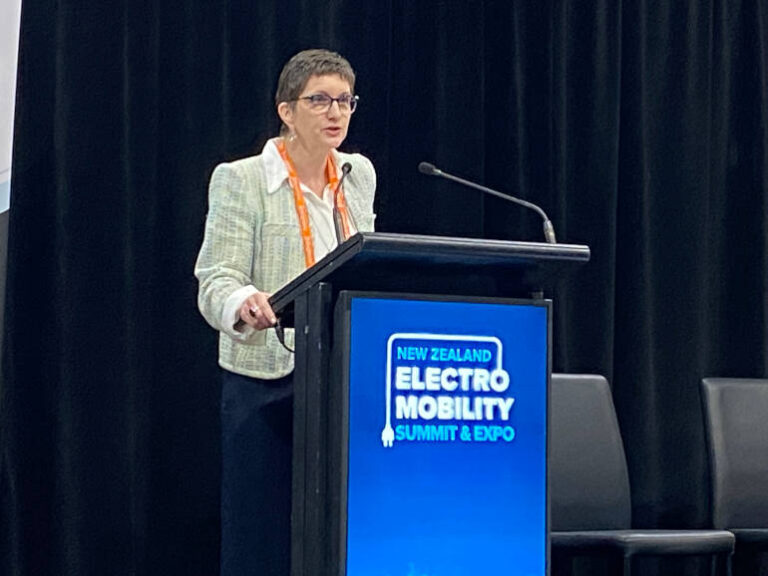At the 2024 Electro Mobility Summit & Expo in Auckland, Audrey Sonerson, Secretary for Transport and Chief Executive of New Zealand’s Ministry of Transport, outlined New Zealand’s approach to cutting transport emissions under the second Emissions Reduction Plan (ERP2). A primary initiative under ERP2 is the deployment of 10,000 public electric vehicle (EV) charging points by 2030, designed to reduce range anxiety and bolster confidence in the EV market. This infrastructure-focused pivot marks a shift away from direct vehicle incentives, emphasising a longer-term investment in infrastructure to support New Zealand’s zero-emissions targets.
Sonerson explained that the charging infrastructure will include ultra-rapid chargers along highways, fast chargers at high-traffic destinations such as shopping centres, and slower chargers in areas for extended parking like holiday spots. To expedite development, the government is addressing key barriers in collaboration, ensuring streamlined connection processes and cost reductions for EV charger installations. The government also plans to co-invest in charging sites in areas where private investment may not be viable, such as tourism hotspots with seasonal demand, ensuring access to charging facilities across the country.
This emphasis on public EV charging infrastructure underscores the government’s commitment to long-term benefits over short-term incentives for vehicle purchases. The approach also addresses a potential rise in household peak electricity demand from at-home EV charging. Sonerson noted that the government is promoting smart charging solutions to stabilise energy demands and optimise electricity grid efficiency.
The from direct vehicle incentives to infrastructure development is a strategic and forward-thinking decision. It benefits the wider community and mirrors similar moves in Australia, where governments have prioritised public charging infrastructure to encourage lasting EV adoption. By focusing on building a robust and accessible charging network, New Zealand is laying the groundwork for widespread EV use, aligning with economic and environmental goals while supporting long-term sustainability for communities across the country.






